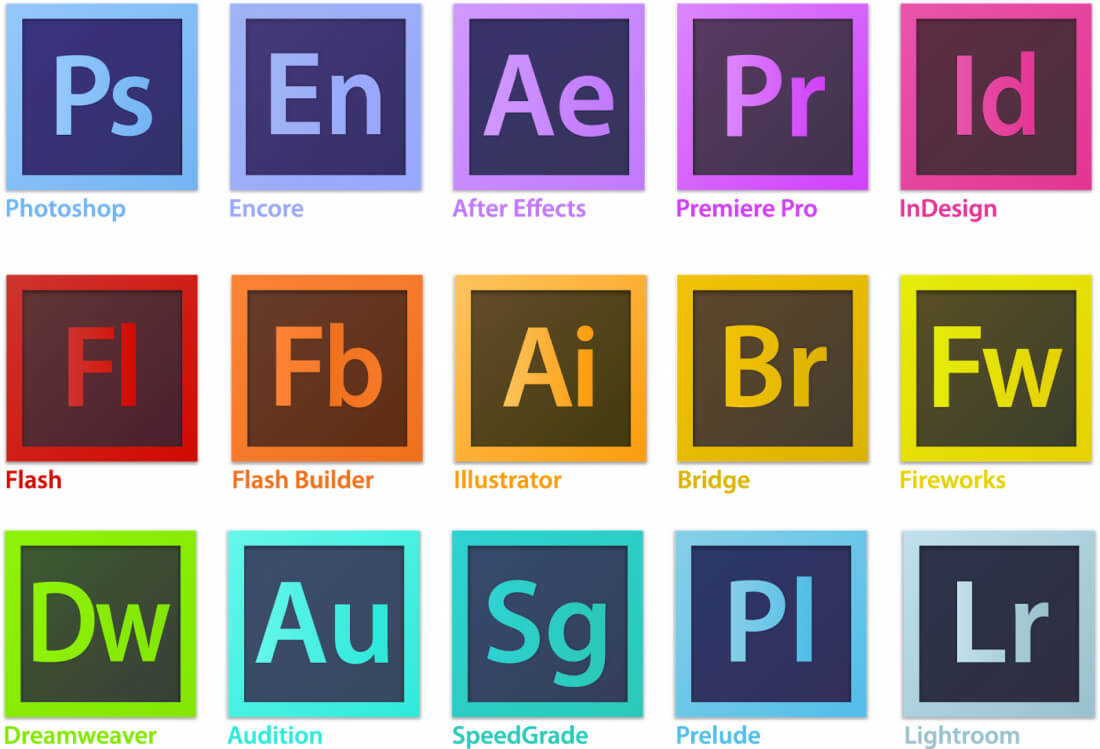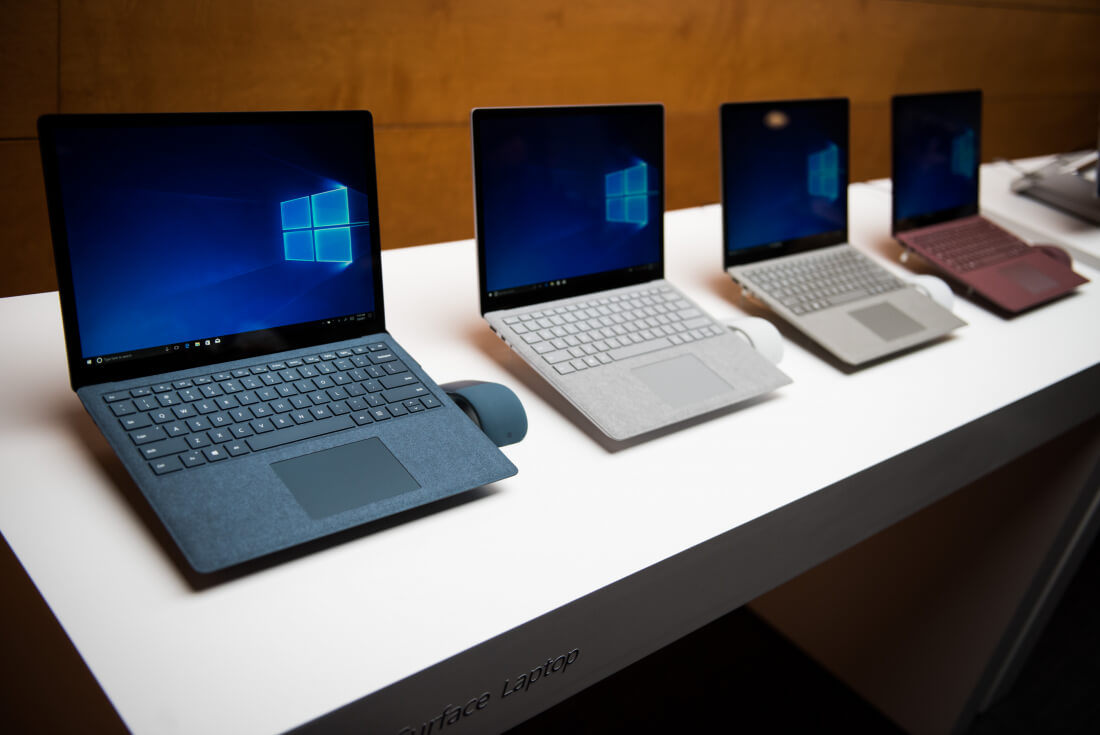Apparently, there has been some confusion about whether or not Linux distros will run on Windows 10 S computers. Originally, Microsoft had said that 10 S would run anything from the Windows Store. Now that it has announced that Ubuntu, Fedora, and SUSE will be offered in the Store, Redmond felt that some clarification on its previous statement was necessary.
According to a post on the Microsoft Developer Blog, Linux distros will not run on Win 10 S.
"Just because an 'app' comes from the Windows Store does NOT automatically mean that it's safe & suitable for running in Windows 10 S," writes Rich Turner of Microsoft. "There are some apps that are not allowed to run on Windows 10 S, including all command-line apps, shells, and Consoles."
Windows 10 S is tailored for "non-technical" users who do not need the command line or access other "low-level" workings of the operating system such as the registry. These users would rather have a computer that is easy to use, secure, and responsive. This reasoning is what is behind the disabling of programs not downloaded from the Windows Store.
"Linux distros will not run on Windows 10 S."
While Linux will be available in the Store, it will not be capable of running on Win 10 S because it requires Windows Subsystem for Linux (WSL), which it does not have. This feature is intentionally left out of Windows 10 S because Microsoft considers Linux distros to be "command-line tools" that run outside of the Universal Windows Platform (UWP).
"[Distros] run outside the UWP sandbox & secure runtime infrastructure. They run with the capabilities granted to the local user - in the same way as Cmd and PowerShell do."
For the sake of transparency, the restrictions in Windows 10 S are not limited to Linux distros. While it may be reasonable to argue that limiting external applications on the system will ensure security, it is unreasonable to think that all non-UWP programs are malicious and useless.

It is also unreasonable to think that you can find alternatives for everything you use in the Windows Store. According to the Guardian, some examples of programs that you may use every day that will not run on Windows 10 S include iTunes, the Chrome browser, and anything from the Adobe Creative Suite (Photoshop, Acrobat, Fireworks, etc.), although the somewhat lacking Photoshop Elements is available.
Redmond's answer to this issue: "upgrade to full Windows 10."
While the professional running Acrobat Creative Suite should probably be running Windows 10 Home or Pro anyway, regular users should not have to upgrade just to run certified programs like Chrome and iTunes. Fortunately, for now, there are plenty of computers sold with Home or Pro. However, these usually cost more.
Be aware of what you need to use and whether you can get it in the Windows Store before buying a Windows 10 S installed computer.
